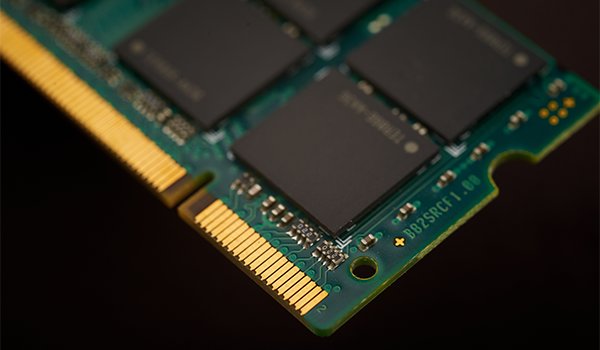

 News
News Industry News
Industry NewsIn the global semiconductor industry landscape, China is showing unprecedented vitality and growth momentum. According to the latest data from the International Semiconductor Industry Association (SEMI), China's semiconductor industry has risen against the trend in 2023, becoming the world's largest consumer of semiconductor equIPMent with an investment of over 36 billion US dollars. More importantly, it is expected that by the end of 2024, 18 chip projects will be put into production in Chinese Mainland, and the semiconductor wafer production capacity will increase by 13% year on year, which exceeds the total growth rate of other countries in the world.

The significant growth in China's semiconductor production capacity is mainly concentrated in mature process chips. Mature process chips, as an important component of the semiconductor market, have a wide range of applications in consumer electronics, industrial control, and other fields. With the continuous investment and accumulation of technology by domestic manufacturers, China is gradually transitioning from relying on imports to independent production.
As a leading enterprise in China's semiconductor industry, SMIC's performance is particularly impressive. According to the latest TrendForce data, SMIC surpassed Global Foundries and United Electric in the first quarter of 2024 and jumped to third place on the world's top foundry rankings. The achievement is mainly due to SMIC's deep involvement in replenishing consumer product inventory and localizing production trends.
The rapid development of SMIC is not accidental. According to the company's 2023 financial report, SMIC's real estate, plant, and equipment assets increased from $18.8 billion in 2022 to $24 billion in 2023, and increased equipment investment by $1.5 billion in the first quarter of 2024. These investments not only enhance the company's production capacity, but also enhance its technological level and market competitiveness.
Despite China's significant position in the global semiconductor market, Antonio Hmaidi, senior analyst at the German think tank Mercator China Research Center, pointed out that China's ability to leverage its own supply chain advantages is still inferior to that of the United States. This is mainly attributed to China's dependence on Western chip manufacturing equipment. However, with the continuous efforts of domestic manufacturers in technology research and equipment procurement, this dependence is gradually decreasing.
Ajit Manocha, President and CEO of SEMI, stated that the recovery of global market demand and the increase in government incentives are key factors driving the surge in investment in wafer fabs in major chip manufacturing regions. It is expected that global wafer production capacity will increase by 6.4% in 2024, and China, as an important force, its capacity growth will have a profound impact on the global semiconductor industry landscape.
Overall, China's semiconductor industry is continuously rising, not only achieving a shift from dependence on imports to independent production, but also occupying an important position in the global market. In the future, with the continuous progress of technology and the continuous expansion of the market, China's semiconductor industry is expected to usher in broader development prospects.
Faust Technology focuses on the field of power devices, providing customers with power devices such as IGBT and IPM modules, as well as MCU and touch chips. It is an electronic component supplier and solution provider with core technology.